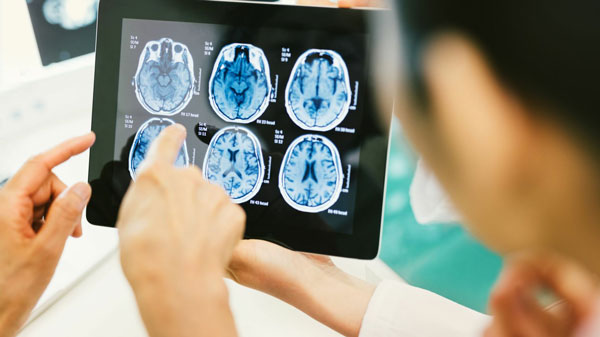A global study on attitudes toward dementia has shown that two-thirds of people believe it to be a natural risk of getting older, which could be limiting the help that people seek. Every 3 seconds, someone develops dementia somewhere in the world. In the United States alone, 5.8 million people are living with Alzheimer's, and every 65 seconds, another person develops the disease. Alzheimer's is the sixth leading cause of death in the U.S., beating breast and prostate cancer together, and it is one of the world's fastest growing causes of death. According to Alzheimer's Disease International (ADI), the number of people living with dementia is likely to triple from the current 50 million to 152 million by 2050. Despite the prevalence of this neurodegenerative disorder, the world's largest survey of attitudes toward it has shown that there is very little true understanding across the globe, even among healthcare professionals. The study, which surveyed 70,000 people in 155 countries, found that 62% of healthcare professionals also believe that dementia is a normal part of aging. The findings also revealed that only 16% of people are getting regular cognitive assessments, even though early diagnosis can help.
(Credit: www.medicalnewstoday.com)


